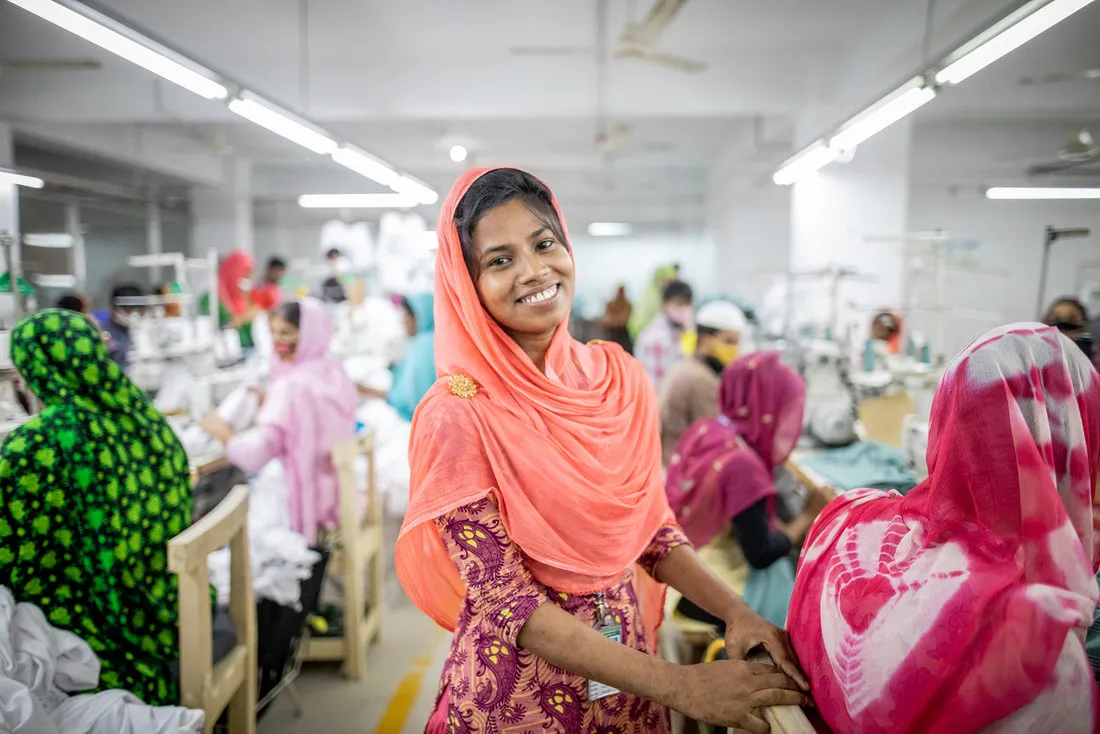Background
About 75% of garment workers around the world are women. Yet few of them hold leadership roles in their workplaces and communities. As a result, the problems women face (like low pay, harassment, and lack of maternity benefits) can go ignored and unresolved by those with the power to make a difference.
But things change when women have the skills, support, and confidence to lead. Our research in Bangladesh shows that when women work together and speak out, they can win maternity pay, better wages, and safer workplaces.

